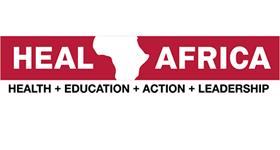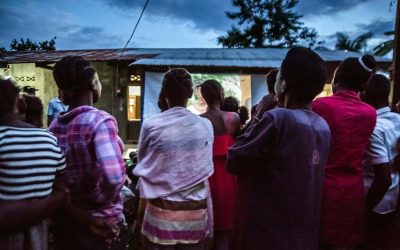Tushindi ujeuri
counter gender-based violence programHelping communities respond to and prevent gender-based violence and trafficking in the Democratic Republic of Congo.
Countering SGBV in DRC
The problem of sexual and gender-based violence, or SGBV, in the DRC, particularly in the eastern provinces like North and South Kivu, has remained a major humanitarian concern for more than three decades. Women and young girls have been targets of violence that has resulted in death, transmission of STIs/AIDS, unwanted pregnancies, and severe psychological trauma. Though this violence is driven by insecurity, SGBV is often the result of root causes such as the abuse of power, cultural gender inequalities, ignorance, and harmful socio-cultural norms which tolerate and perpetuate violence. Poverty and conflict have worsened the situation for women, many of whom have little decision-making authority over their health or within the household. Further complicating the issue is the reality that SGBV is considered taboo in the DRC. Cases of SGBV often go unreported and are considered private, or family matters, particularly when cases involve sexual assault.
Countering systemic and deep-rooted issues such as SGBV requires innovative, and holistic approaches. IMA World Health’s Counter Gender-Based Violence (C-GBV) project, known locally as Tushinde Ujeuri, improved access to medical and psychosocial care and legal services and worked closely with communities to strengthen their prevention and response to SGBV. The program prioritized interventions (advocacy, prevention, and response) at the community level.
Implementation Period
November 2017 to September 2023
Donor
USAID
The tushinde approach
Comprehensive and wrap around services were provided cost-free and in a confidential and safe environment. Locally trained and equipped providers rendered immediate medical and psychosocial care. Survivors were provided with legal guidance and representation through project-supported legal clinics in all areas of implementation. Rehabilitative and restorative services linked survivors and their families with avenues for socio-economic assistance. Leveraging the presence of community-based organizations, the initiative heavily relied on community-centric initiatives to reshape detrimental social norms, exemplified by Men’s Engage discussion groups, Alternative Dispute Resolution mechanisms, and Community-based Trauma Healing approaches. By delivering aid directly to targeted areas and empowering community leaders and collectives with the expertise and abilities to preclude, detect, and address GBV, the project sought to effect substantial change.
Reducing community tolerance of gender-based violence.
Reducing community tolerance for gender-based violence involves raising awareness among community leaders and members, including traditional leaders, school leaders, and church leaders, on the harmful effects and negative impacts of existing attitudes concerning GBV.

1,499,150
community members received tailored information on GBV prevention and response and family planning from Tushinde trained community influencers
LGBTQI+
In DRC, the LGBTQI+ community often faces complex challenges and systemic discrimination. Despite legal provisions that do not explicitly criminalize same-sex relationships, societal attitudes, cultural beliefs, and prevailing stigmas significantly impact the lives of LGBTQI+ individuals, infringe upon their quality of life, and impede access to medical and legal services.
Discrimination and violence against the LGBTQI+ community persist, leading to social marginalization. Many face discrimination in healthcare, education, employment, and housing due to their sexual orientation or gender identity. Fear of persecution often forces individuals to conceal their identities, hindering their ability to seek support or access necessary resources. They encounter obstacles due to societal resistance and insufficient legal protections. The lack of specific legal safeguards leaves the community vulnerable to harassment, discrimination, and abuse.
IMA’s long term presence in DRC has provided an in depth understanding of local contexts, influential relationships with relevant government institutions, strong collaboration with local organizations, and decades of supporting and empowering vulnerable groups. IMA began addressing the issue of discrimination by first reinforcing LGBTQI+ Civil Society Organizations, or CSOs, in North and South Kivu Provinces and soon after implemented the JAMAA, which means family in English, activity in in Kinshasa with implementing partner Jeunalissime.
653 LGBTQI+ community members were reached
by GBV awareness messages including specific training on GBV prevention and response, access to GBV social services including psychosocial support, and risk and safety management.
Strengthening community organizational capacity
GBV survivors reintegrated
Number of GBV survivors reintegrated in socioeconomic activities including Village Savings and Loan groups and literary circles.
CODESA and Youth Clubs formed
The youth club leaders were trained in prevention of sexual and psychosocial violence, peacebuilding, and communication skills for social and behavioral change, as well as sexual and reproductive health.
Community Groups Supported
Since the start of the project, 2,453 community groups have been strengthened in an effort to create greater acceptance of positive gender roles in their communities and serve vulnerable populations.
volunteers and service providers trained
Number of persons trained with USG assistance to advance outcomes consistent with gender equality or female empowerment through their roles in public or private sector institutions or organizations.
“We have helped the community and even the world because we have done sensitization.” When asked what she would you like to do for work in the future? She answers, “I want to continue my studies to enrich my knowledge so that I can also do some projects for my country and for development and fight against violence.”
Asifiwa Bitibiza, 20 year old member of the Katana youth club
1,062,382 people sensitized by Noyau/CODESA and youth club members
In the beginning of the project, Tushinde formed 86 Community Health Development Agencies, known locally as Noyau/CODESA, and 86 youth clubs. Members of the core groups were trained on GBV prevention and conducting forums on positive masculinity. These groups served as entry points and champions for community-based messaging around available project services and SGBV prevention. To date, more than 1 million people have been sensitized by these groups.
improving quality and reducing barriers of access to health, psychosocial, and legal services
new people were reached by GBV services
Including health, legal, psychosocial, and socio-economic support.
survivors received medical support
This figure includes people seen for medical consultations, prevention of STIs, HIV, contraceptives, fistula repair, and referrals as needed following report of a GBV incident.
survivors received psychosocial support
This support included active listening, GBV-trauma-related counseling, screening for severe symptoms, and referral to and provision of Cognitive Processing Therapy, or CPT.
survivors reached with more than one type of service
%
of treated survivors reported feeling optimistic about rebuilding their lives
5,112 survivors of rape have received PEP Kits to date
Provision of Post-Exposure Prophylaxis (PEP) Kits within 72 hours of an incidence of rape helps pervent sexually transmitted diseases and unwanted pregnancies. During the life of the project, 5,112 PEP kits were administered to survivors of rape, including 1,829 pediatric PEP kits and 5,100 adult PEP kits.
7,273
survivors reached with legal assistance
7, 273 survivors of GBV have been counseled after incidence of sexual violence, human rights abuses, trafficking, and other forms of gender-based violence. Of these, 990 had experienced sexual violence and 6,283 had experienced other types of violence.

131,390 new acceptors of family planning methods
received their preferred modern contraceptive method free of charge.
4,254 COMMUNITY-LED VOLUNTEERS
from different supported groups continue to raise awareness and increase knowledge of family planning interventions aimed to reduce youth risk to early pregnancy and sexually transmitted infections.
60,641 individuals received family planning messages through community group dialogues and radio broadcasts.
2,264 VSLA Groups
Over the course of the project, Tushinde supported 2,264 VSLA groups, including the formation of 904 new VSLA groups, to help recovering survivors reintegrate into their communities and obtain a means to a livelihood. Now Tushinde harnesses the power of these community groups to sensitize members on GBV prevention and response.
33,459 people
sensitized by VSLA+ members on GBV prevention and response
24,468 members
in Tushinde supported VSLA groups, 70 percent of whom are women, including 732 SGBV survivors.
$381,158
was mobilized as savings and the total value of credit was $276,215.
Reducing perceptions of stigma surrounding reintegrated survivors

23,350
Number of trauma survivors and other members of the community participating in trauma healing activities

2,650
Number of GBV-related disputes resolved through Alternative Conflict Resolution, or ADR

732
Number of GBV survivors participating in VSLA
192,341
Number of learners in primary and secondary schools or equivalent non-school based settings reached with education assistance sensitized on GBV prevention by PTAs and youth clubs.
970
survivors of trafficking were identified and received medical, psychosocial, and legal services
This year community volunteers were trained to confront negative social norms that perpetuate stigma faced among survivors of GBV and other marginalized people, specifically Trafficking in Persons, or TIP, and LGBTQI survivors. They have been strengthened to identify TIP survivors, and prevent barriers for access to care medical, psychosocial and legal services.
This total includes
Survivors forced into sexual slavery,
Survivors forced into prostitution,
Survivors forced into domestic work,
Child survivors of sexual abuse 0r exploitation, and
Survivors forced to pay illegal taxes.
5,412 community influencers trained
in TIP prevention or TIP victim-centered and trauma-informed services.
15,550
new community members have been reached by Men’s Engage groups with GBV messaging.
Map
The Tushinde Ujeuri program is implemented in five health zones in the North and South Kivu Provinces of the DRC.
Community-based services in Walikale and Karisimbi health zones in North Kivu Province are implemented by Heal Africa. Panzi Foundation implements services in Nyangezi, Bunyakiri, and Katana health zones in South Kivu Province.
Heal Africa Health Zones
Walikale
Karisimbi
Panzi Foundation Health Zones
Nyangezi
Bunyakiri
Katana
Jeunalissime Health Zones
“I felt sick and I couldn’t get out of bed”
Mawazo Biteko worked as a housekeeper when another member of the home’s staff raped her. “I felt sick and I couldn’t get out of bed,” she said. Tushinde outreach workers connected with her two days following the assault, ensuring she was screened by a doctor and had access to the post-exposure prophylaxis kit that prevented her from contracting an infection. She and her husband participated in counseling following the attack, while an attorney continues to work to find the perpetrator. She says Tushinde’s comprehensive approach helped her to recover, and to connect. “At the social center, I found five other women who had been attacked like I was,” she said. “I know I am not alone.” .Tushinde is funded by the U.S. Agency for International Development and implemented by IMA World health.
“At the social center, I found five other women who had been attacked like I was. I know I am not alone.”
Partners
Tushinde is managed under the direction of IMA with two local implementing partners: HEAL Africa and Panzi Foundation. To complement implementation by local partners, Additional consortium partners include American Bar Association Rule of Law Initiative, the University of Washington with Johns Hopkins University, and Search for Common Ground.








Publications
Gender & SGBV
Tushinde Technical Briefs:
Family Planning (pdf)
Mass Campaigns (pdf)
Psychosocial Care (pdf)
Trafficking-In-Persons (pdf)
Community-Based Trauma Healing (pdf)
Village Savings and Loan (pdf)
GBV Response Through Post-Exposure Prophylaxis Kit Procurement and Distribution IV - March 2023 (pdf)
ASSR - Gender Equality and Social Inclusion - June 2022 (pdf)
Tushinde Ujeuri - Counter Gender-Based Violence Program's HOLISTIC SEXUAL- AND GENDER-BASED VIOLENCE PREVENTION AND RESPONSE MODEL - May 2019 (pdf)
SGBV Response through Post-Exposure Prophylaxis (PEP) Kit Procurement and Distribution Phase II - February 2020 (English)(français)
PEP Kit Procurement in the DRC - January 2020 (pdf)
Girl Rising, ASSP-ENGAGE Final Report – March 2017 (pdf)
read more about our past work to overcome sexual and gender-based violence in drc through the Ushinde project
Girl Rising is now showing in four provinces in DR Congo
The Girl Rising revolution continues. Thousands of people in four more provinces of the Democratic...
QUICK CONTACTS
Recent Posts
Implant Method in DRC: A Family Planning Success Story
Spreading the Word about the Implant Method in DRC.News is spreading about the implant method in DRC. The families featured in this article are partly to thank. The stories below are just a snapshot of the impact the implant has made on the lives of families using the...
Implants Create Opportunity in DRC: A Family Planning Success Story
Julienne is one of the many women we celebrate during International Women’s Month. She is a shining example of how implants create opportunity in DRC. She is a 43-year-old mother of four and a force to be reckoned with! Julienne and her husband had three children when...
Safe Delivery App Helps Health Workers Respond To Emergencies In DR Congo
Dr. Nancy Bolan knows how important it is for health workers to have up-to-date information when responding to a maternal or newborn emergency at a clinic in the Democratic Republic of Congo. While serving as a deputy country director for IMA World Health in DRC from...



